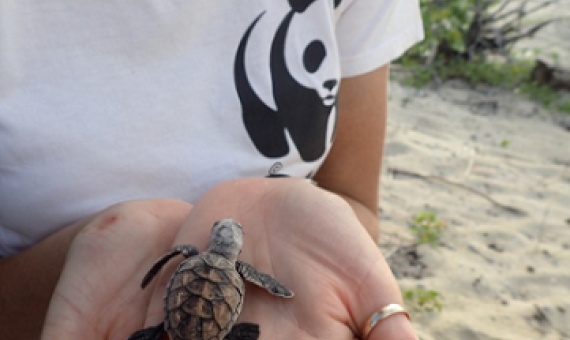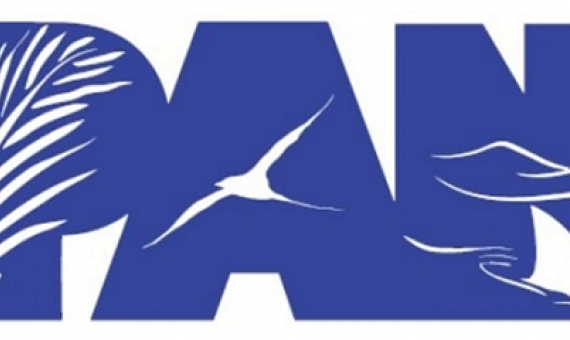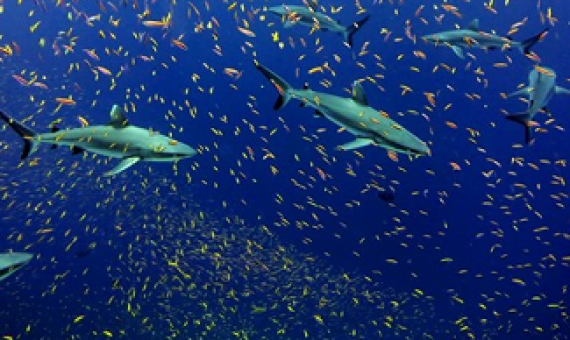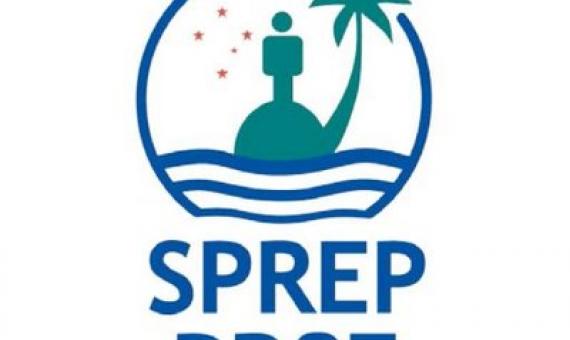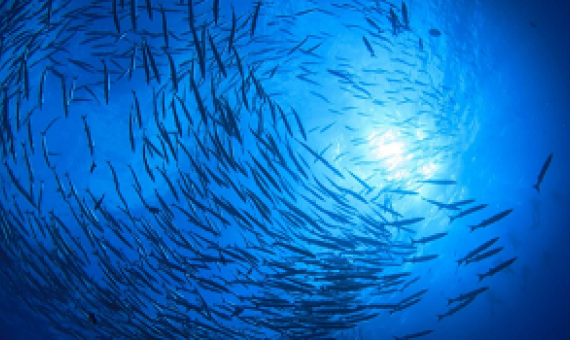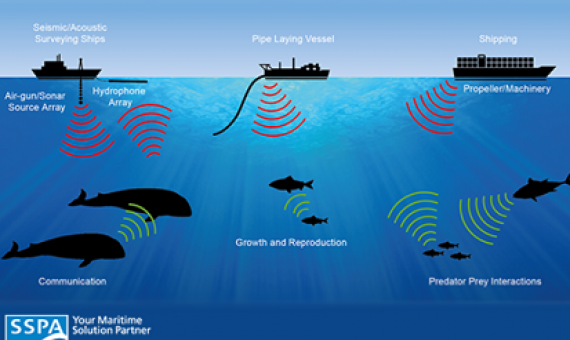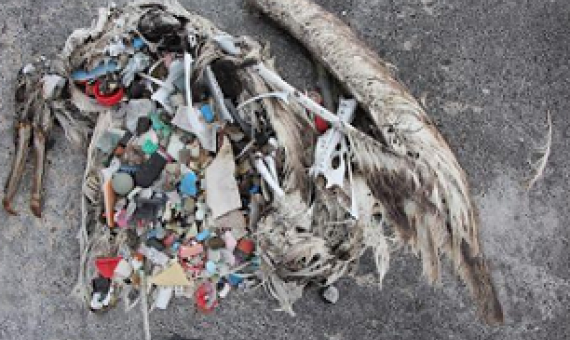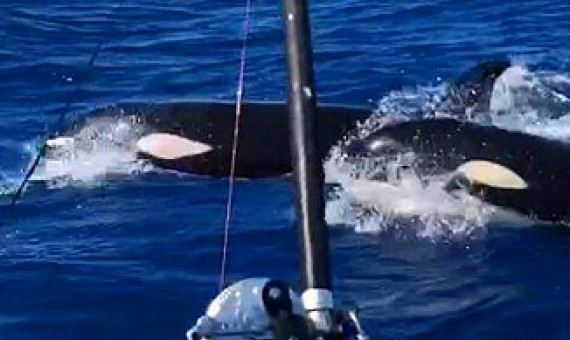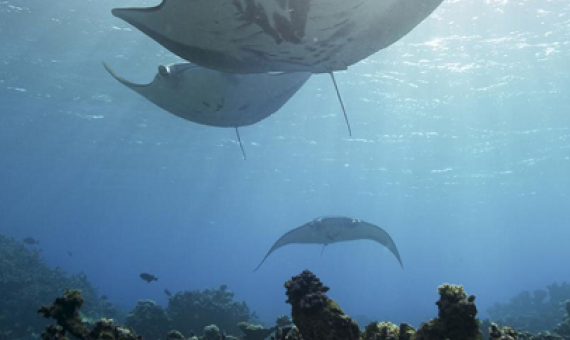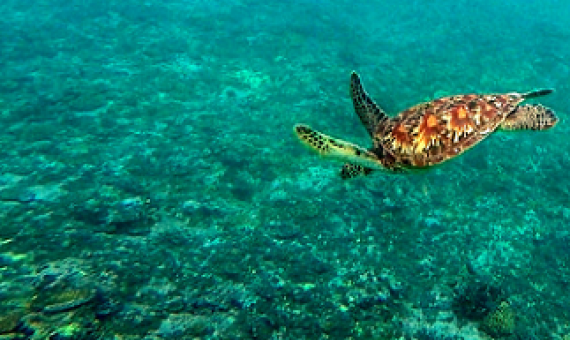Royal Caribbean announced a major milestone today in its fight to save the Hawksbill Turtle from extinction.
Sonsorol state has become the 16th state to join the Protected Areas Network (PAN).
For decades scientists and environmentalists have been sounding the alarm about shark population declines and calling for new and stronger laws to help sharks and related elasmobranch species recover from overfishing.
SPREP established this fund in 2013, to honor the life and work of Lui Bell and his commitment to the conservation of marine species in the Pacific.
A major new United Nations report, issued on Wednesday, warns that the Earth’s oceans are under severe strain from climate change, threatening everything from the ability to harvest seafood to the well-being of hundreds of millions of people living along the coasts.
In recent years, both the scientific community and the general public have become increasingly aware of—and concerned about—conserving the earth’s marine resources...
From the depths of the Mariana Trench to the salt on our tables, plastic pollution has infiltrated our planet. Plastic is a material designed to be “thrown away” without considering the fact that “away” does not exist.
Orca have been filmed off Samoa in what might be the first sighting ever caught on tape in that country.
Coming to a science museum IMAX theater near you, Hidden Pacific reveals never-before-seen footage of the Pacific Ocean’s marine national monuments. These critical ocean habitats are spaces designated for important scientific ecological research.
An approach that tackles the underlying causes of coral-reef decline could be applied to other habitats, argue Tiffany H. Morrison, Terry P. Hughes and colleagues. Coral reefs cover only 0.5% of the ocean floor, but they support almost 30% of the world’s marine fish species.

